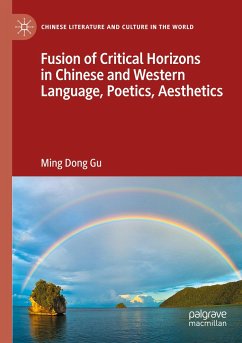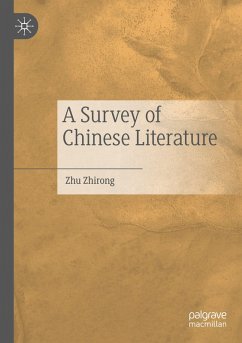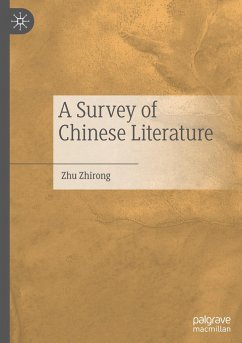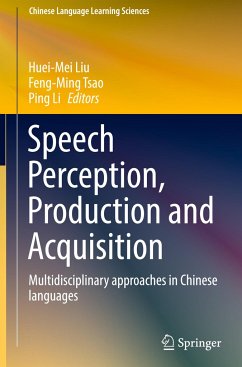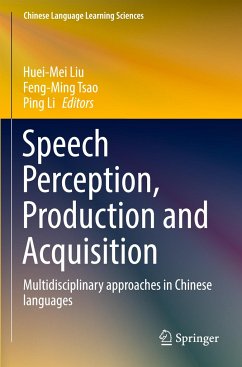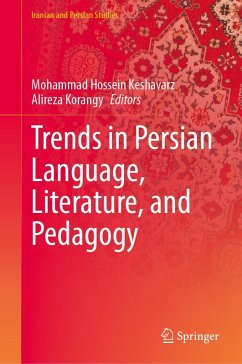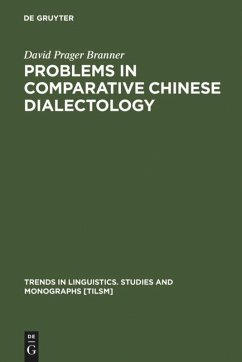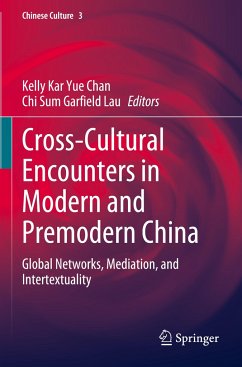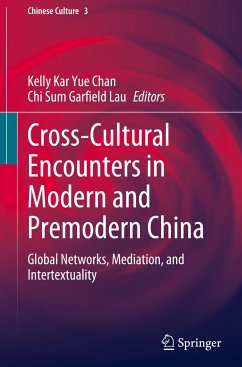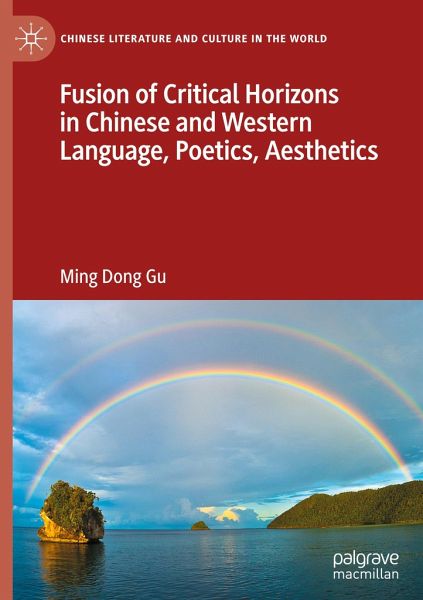
Fusion of Critical Horizons in Chinese and Western Language, Poetics, Aesthetics
Versandkostenfrei!
Versandfertig in 6-10 Tagen
98,99 €
inkl. MwSt.
Weitere Ausgaben:

PAYBACK Punkte
49 °P sammeln!
This book begins with a reflection on dichotomies in comparative studies of Chinese and Western literature and aesthetics. Critiquing an oppositional paradigm, Ming Dong Gu argues that despite linguistic and cultural differences, the two traditions share much common ground in critical theory, aesthetic thought, metaphysical conception, and reasoning. Focusing on issues of language, writing, and linguistics; metaphor, metonymy, and poetics; mimesis and representation; and lyricism, expressionism, creativity, and aesthetics, Gu demonstrates that though ways of conception and modes of expression ...
This book begins with a reflection on dichotomies in comparative studies of Chinese and Western literature and aesthetics. Critiquing an oppositional paradigm, Ming Dong Gu argues that despite linguistic and cultural differences, the two traditions share much common ground in critical theory, aesthetic thought, metaphysical conception, and reasoning. Focusing on issues of language, writing, and linguistics; metaphor, metonymy, and poetics; mimesis and representation; and lyricism, expressionism, creativity, and aesthetics, Gu demonstrates that though ways of conception and modes of expression may differ, the two traditions have cultivated similar aesthetic feelings and critical ideas capable of fusing critical and aesthetic horizons. With a two-way dialogue, this book covers a broad spectrum of critical discourses and uncovers fascinating connections among a wide range of thinkers, theorists, scholars, and aestheticians, thereby making a significant contribution to bridging the aesthetic divide and envisioning world theory and global aesthetics.





